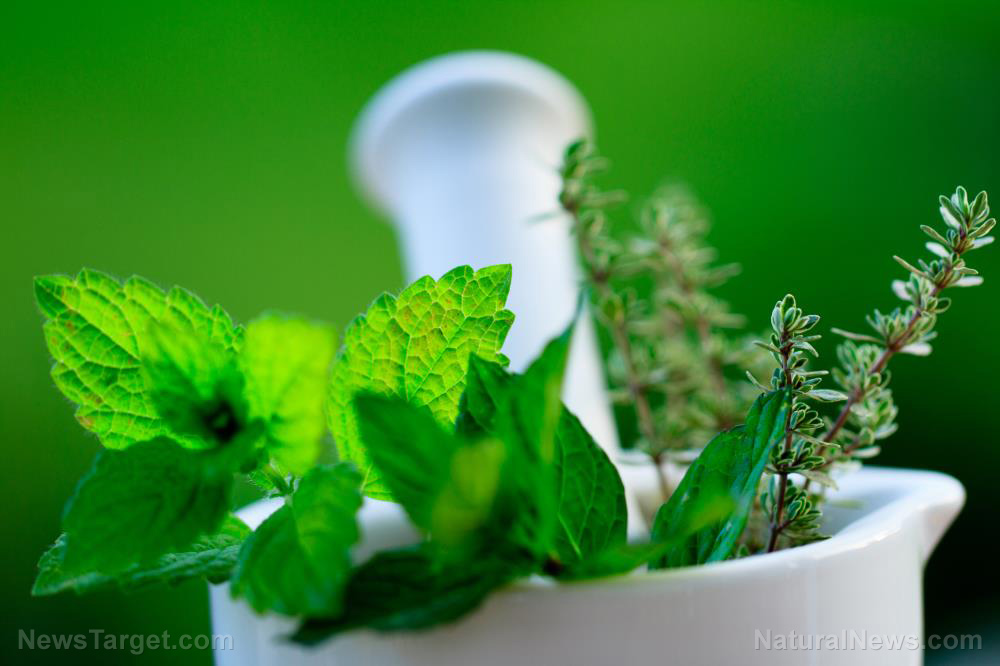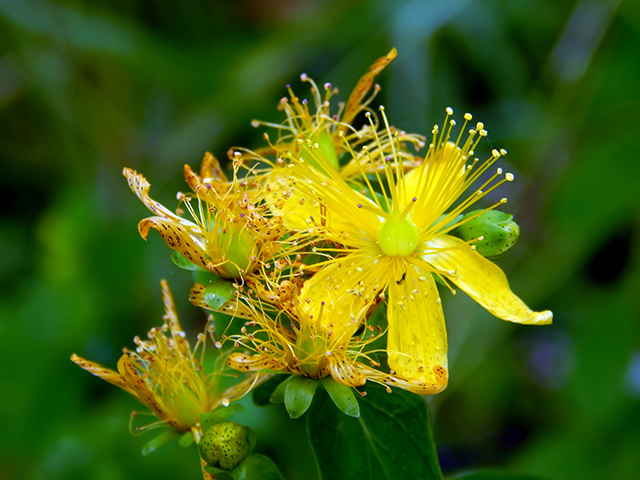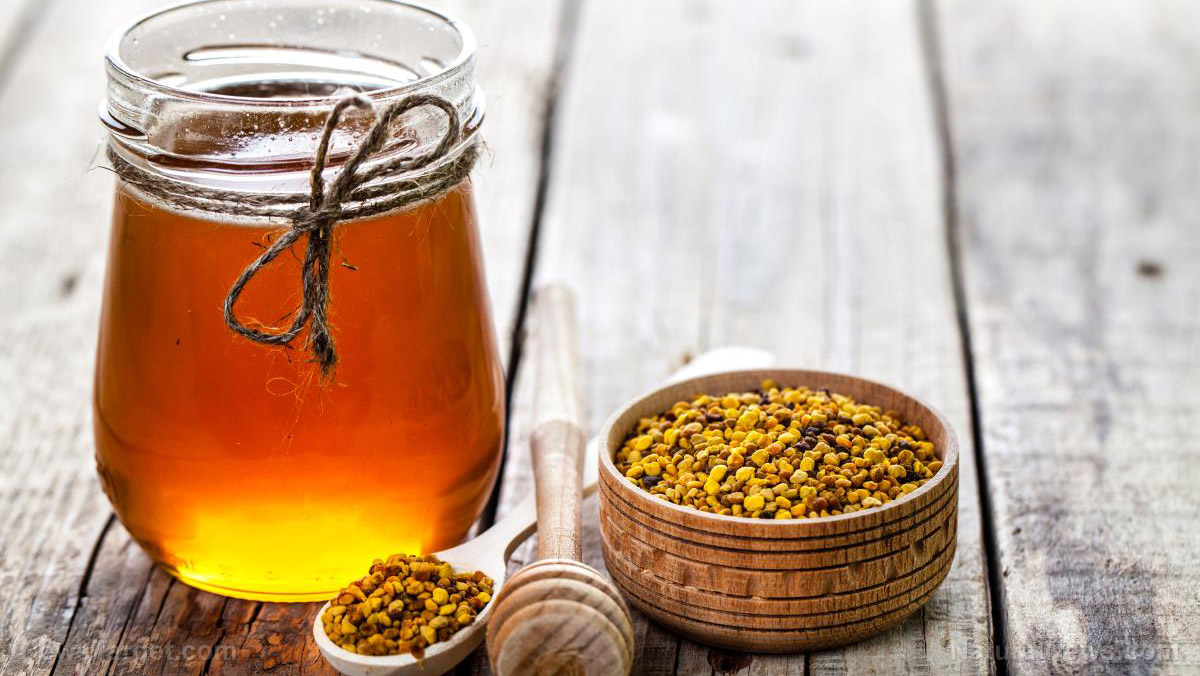Study: Eliminating certain foods from the diet can ease symptoms of eczema
08/23/2022 / By Belle Carter

Many people who suffer from eczema manage to ease symptoms of the disease by eliminating certain foods from their diet.
Eczema, also called atopic dermatitis, is an inflammatory disease marked by recurring bouts of itchy skin. It is usually linked to increased levels of immunoglobulin E (IgE), an antibody produced by the immune system that causes an allergic reaction and other disorders.
While atopic dermatitis is the most common form of dermatitis, its etiology is unknown. Experts believe that it could be hereditary, or environmental factors could trigger it. While stress can aggravate the condition, it is not a direct cause of the disease.
Eczema flare-ups can be triggered by stress, heat, fragrances, pollen, and environmental chemicals. In addition, research has shown that common foods can also contribute to symptoms.
A recent study published in the Journal of Allergy and Clinical Immunology: In Practice, found that half of the 600 participants experienced a reduction in eczema symptoms when they eliminated some foods from their diet. (Related: Journalist cures life long eczema in just one week by changing her diet.)
According to the researchers from McMaster University in Canada, products made from cow’s milk often trigger eczema flare-ups.
“Milk is among the most commonly suspected allergens in infants and children,” explained lead study author Dr. Derek Chu. “Dairy, in general, is a common food across all ages – both of which likely contribute to patients and caregivers associating it with flares of atopic dermatitis.”
Aside from dairy products – wheat, eggs and nuts are also known triggers for eczema, added a report by NaturalHealth365.
“Patients and caregivers commonly report strong suspicion and historical teaching among clinicians provided a greater emphasis on the role of food allergy as a driver of atopic dermatitis,” said Chu.
Removing certain foods to avoid eczema can undermine nutrient intake
However, Chu noted that the influence of diet on atomic dermatitis is complex, citing historically conflicting views on eliminating food triggers.
“Some patients found current approaches to discussing dietary concerns with their care providers unhelpful, which in turn led to frequent unsupervised and potentially harmful dietary eliminations,” said the lead study author.
“Our findings are consistent with both historical patient and clinician perspectives having valid aspects. Some patients may experience and value a slight improvement in eczema severity, pruritus and sleeplessness.”
The study by Chu and his colleagues echoed this sentiment. They concluded in their paper that “dietary elimination may lead to a slight improvement in eczema severity, pruritus and sleeplessness in patients with mild-moderate atopic dermatitis.”
“This must be balanced against [the] potential risks of indiscriminate elimination diets, including developing IgE-mediated food allergy and withholding more effective treatment options for eczema.”
Even NaturalHealth365 elaborated on the issue – claiming that these ingredients that trigger eczema flare-ups are ubiquitous in different food items in the grocery. Consumers may find it difficult to steer clear of these ingredients as some are already enveloped in the foods and their by-products, it added.
The website warned that people eliminating common eczema-triggering foods from their diet to stem their eczema flare-ups ought to ensure that they do not miss out on key nutrients.
Visit Allergies.news to learn more about allergies.
Watch this video that talks about natural treatments for dermatitis and eczema.
This video is from the Holistic Herbalist channel on Brighteon.com.
More related stories:
How can nutrients help with dermatitis?
Researchers examine role of micronutrients in atopic dermatitis.
Good for your skin too: Topically applying dong quai can improve pruritus.
Herbal mixture shown to alleviate inflammatory skin disorders.
Sources include:
Submit a correction >>
Tagged Under:
allergies, alternative medicine, atopic dermatitis, diet, eczema, food cures, food elimination, food is medicine, food science, food triggers, natural cures, natural health, natural medicine, organic diet, remedies, research, skin health
This article may contain statements that reflect the opinion of the author
RECENT NEWS & ARTICLES
COPYRIGHT © 2017 ALTERNATIVE MEDICINE NEWS




















